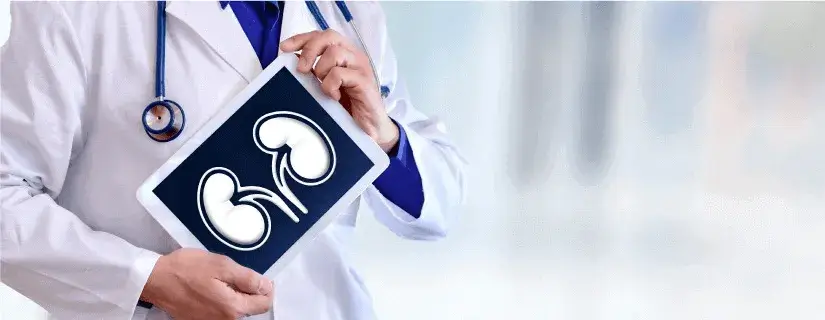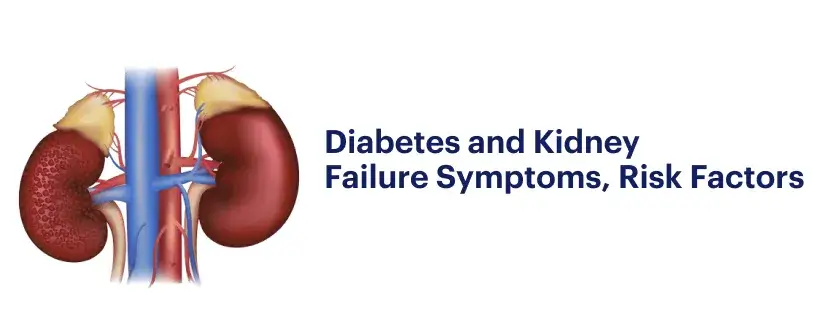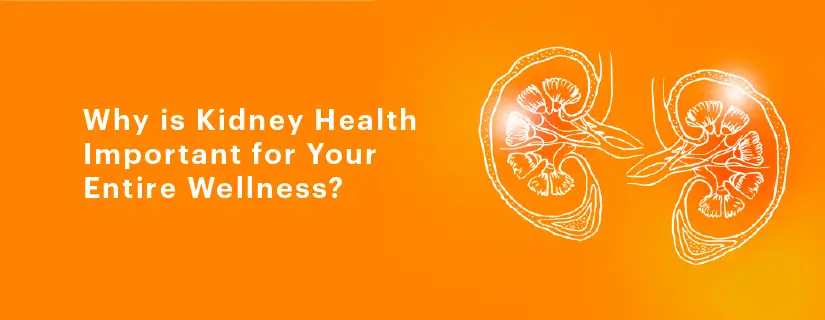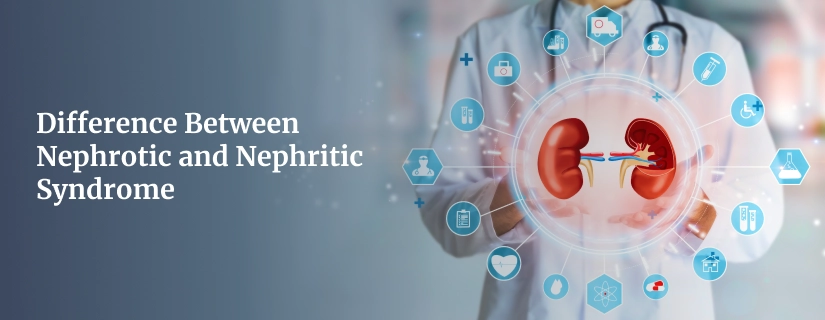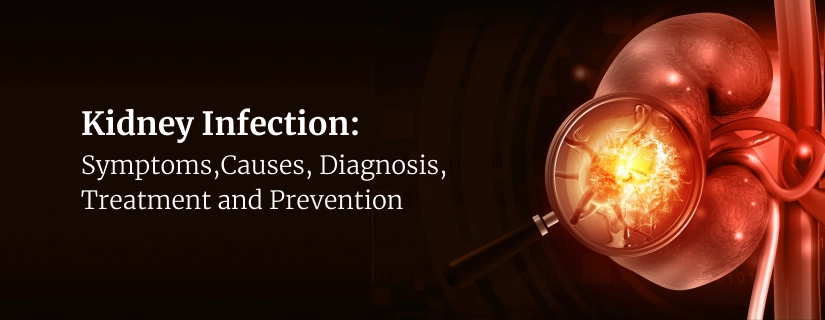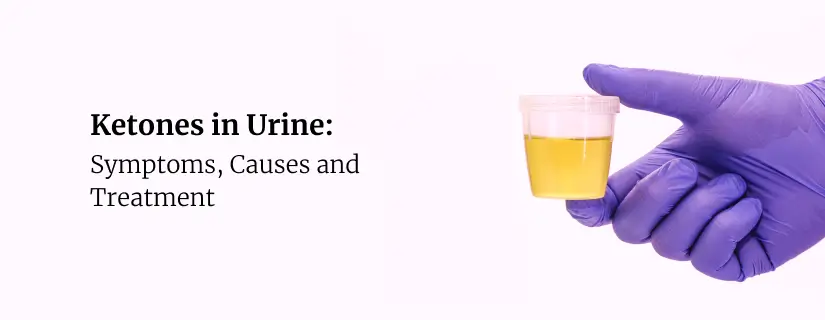-
Doctors
-
Specialities & Treatments
Centre of Excellence
Specialties
Treatments and Procedures
Hospitals & Directions HyderabadCARE Hospitals, Banjara Hills CARE Outpatient Centre, Banjara Hills CARE Hospitals, HITEC City CARE Hospitals, Nampally Gurunanak CARE Hospitals, Musheerabad CARE Hospitals Outpatient Centre, HITEC City CARE Hospitals, Malakpet
HyderabadCARE Hospitals, Banjara Hills CARE Outpatient Centre, Banjara Hills CARE Hospitals, HITEC City CARE Hospitals, Nampally Gurunanak CARE Hospitals, Musheerabad CARE Hospitals Outpatient Centre, HITEC City CARE Hospitals, Malakpet Raipur
Raipur
 Bhubaneswar
Bhubaneswar Visakhapatnam
Visakhapatnam
 Nagpur
Nagpur
 Indore
Indore
 Chh. Sambhajinagar
Chh. SambhajinagarClinics & Medical Centers
Book an AppointmentContact Us
Online Lab Reports
Book an Appointment
Consult Super-Specialist Doctors at CARE Hospitals
4 Ways You Could Be Damaging Your Kidneys
Updated on 22 November 2019
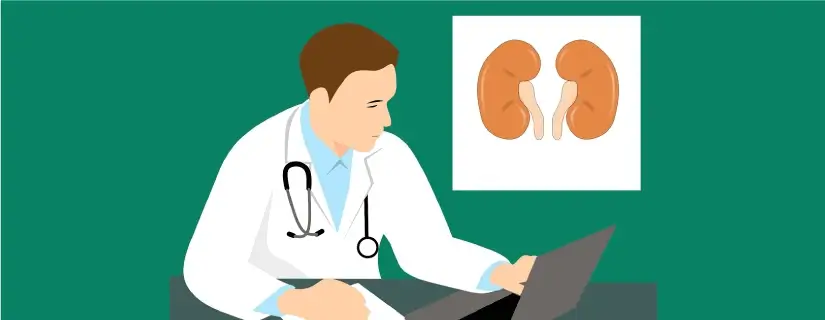
Table of Content
One of the most integral internal organs the human body is blessed with, the kidneys perform numerous essential functions to strengthen your bodily mechanisms. From regulating water in your body to eradicating waste products and toxins, the pertinence of kidneys can’t be ignored. Kidney diseases become a perilous reality the moment you start flouting your kidneys by indulging in damaging behaviours. It is good to have knowledge of what can cause damage to your kidneys and take preventative measures to avoid kidney problems.
At first, you will not be able to figure out what’s wrong but as time will pass, the signs and symptoms of kidney diseases will start surfacing. The end result - you will find yourself in complete havoc, seeking various kidney treatments including kidney failure treatment, treatment for urinary tract infections, kidney stone treatment, etc. All this can be prevented if you become conscious of your damaging habits (that are harming your kidneys) and take responsibility for correcting them.
How do kidneys get damaged?
The below-mentioned points are a few causes of kidney damage. Have a look:
- Abusing Painkillers: A lot of people take over-the-counter pain medicines, commonly known as painkillers, to help alleviate various kinds of pain that occur in their bodies from time to time. Although these painkillers help you manage your pain, overdoing them can severely harm the health of your kidneys. You are more prone to kidney diseases if you are taking regular doses of painkillers especially NSAIDs (Non-Steroidal Anti-Inflammatory Drugs).
- Consuming Processed Foods: The food market is flooded with processed food items that are rich in sodium and phosphorus. According to studies, high phosphorus intake can seriously damage your kidneys. The same can be avoided by reducing the consumption of phosphorus in your food. If you are already suffering from any chronic kidney disease, you must not consume any food item which has high phosphorus content.
- Not keeping yourself hydrated: When you drink enough water in a day, your kidneys automatically get a boost and remove toxins from your body in a much better way. You can also avoid kidney stones by plenteously drinking water.
- Not maintaining a proper sleep schedule: Having a proper sleeping schedule is necessary for maintaining your overall health. The same goes true for the health of your kidneys. If you don’t keep a check on your sleeping cycle, you may disturb the functioning of your kidneys to a large extent. Besides the aforementioned ways, you are jeopardizing your kidneys if you are not indulging in physical exercises and consuming alcohol in excess.
How is kidney failure diagnosed?
Healthcare professionals may use a range of kidney function tests to assess kidney health and detect kidney failure. When there's a suspicion of kidney failure risk, typical tests include:
- Blood tests: These assessments reveal how effectively your kidneys eliminate waste from your blood. A healthcare provider will use a fine needle to extract a small blood sample from a vein in your arm, which technicians will then analyze at a laboratory.
- Urine tests: Urinalysis evaluates specific substances like protein or blood in your urine. You'll provide a urine sample at a healthcare provider's office or hospital, which will be sent to a lab for analysis.
- Imaging tests: These examinations enable healthcare providers to examine the kidneys and surrounding areas for abnormalities or blockages. Common imaging tests encompass kidney ultrasound, CT urogram, and MRI scans.
If you are already suffering from chronic kidney disease and looking for the best kidney CARE Hospitals in India for treatment, it is more important for you to recognize your unhealthy conduct before it’s too late!
FAQs
1. What medications are used to treat kidney failure?
Depending on the cause of your kidney disease, a healthcare provider might prescribe one or more of these medications:
- ACE inhibitors or ARBs: These drugs assist in reducing blood pressure.
- Diuretics: They aid in eliminating excess bodily fluids.
- Statins: These medications are employed to decrease cholesterol levels.
- Erythropoietin-stimulating agents: They stimulate red blood cell production for individuals with anemia.
- Vitamin D and calcitriol: These substances are used to prevent bone density loss.
- Phosphate binders: They assist in removing excess phosphorus from the bloodstream.
2. When should I see a healthcare provider?
If you have risk factors for kidney failure, such as high blood pressure, altered urination, swelling, cognitive difficulties, nausea, vomiting, diabetes, a family history of kidney disease, prior kidney injury, or frequent NSAID use, it's important to consult a healthcare provider.
3. How to know your kidney is damaged?
Detecting kidney damage often involves monitoring symptoms and undergoing medical tests. Signs of kidney damage may include changes in urination patterns, blood in the urine, swelling in the ankles or face, fatigue, and high blood pressure. Diagnostic tests like blood tests (e.g., creatinine and glomerular filtration rate), urine tests (e.g., proteinuria), and imaging (e.g., ultrasound or CT scans) can confirm kidney damage.
4. What happens when the kidney is damaged?
Kidney damage impairs their ability to filter waste and excess fluids from the blood, leading to toxin buildup, fluid retention, fatigue, high blood pressure, and abnormal urination. Electrolyte imbalances may cause heart rhythm issues and weaken bones. Untreated damage can progress to chronic kidney disease or kidney failure, necessitating dialysis or transplant. Early detection and management are vital to prevent worsening and maintain overall health.
5. Can a damaged kidney recover?
The extent of kidney damage determines if it can be recovered. Mild damage may improve with proper management, such as controlling underlying conditions. However, severe damage may require treatments like dialysis or kidney transplantation for recovery. Early detection and addressing risk factors are crucial for kidney health.

ENQUIRY FORM
SELECT CATEGORIES
-
Neurosciences (16)
-
Neurology (37)
-
Neurosurgery (14)
-
Orthopaedics (48)
-
Oncology (33)
-
Obstetrics and gynecology (51)
-
Pulmonology (23)
-
Urology (20)
-
Nephrology (13)
-
Psychiatry (7)
-
Dietetics and Nutrition (111)
-
General Medicine (63)
-
Cardiac Sciences (30)
-
Vascular & Endovascular Surgery and Interventional Radiology (10)
-
Gastroenterology (46)
-
Endocrinology (23)
-
Plastic Surgery (10)
-
Critical Care Medicine (5)
-
COVID-19 (16)
-
Dermatology (16)
-
Emergency Care (1)
-
Ophthalmology (4)
-
Pediatrics (14)
-
Laparoscopic and Bariatric Surgery (8)
-
ENT (15)
-
Kidney Transplant (1)
-
Liver Transplantation and Hepatobiliary Surgery (5)
-
General Surgery (3)
-
Internal Medicine (5)
-
Medicine Information
Diet for Kidney Stones: What to Eat and What to Avoid
Kidney Health: Conditions That Can Affect Your Kidneys
YOU MAY ALSO LIKE
RECENT BLOGS
-

Direct Anterior Approach in Total Hip Replacement: Advantages and Challenges
10 April 2025
Read More
-

Zinc Deficiency: Signs and Symptoms, Causes, Treatment
9 April 2025
Read More
-

Chest Pain When Coughing: Causes, Treatment and Home Remedies
9 April 2025
Read More
-

12 Health Benefits of Eating Mushrooms
8 April 2025
Read More
-

7 Health Benefits of Blood Donation You Should Know About
8 April 2025
Read More
-

Implantation Bleeding Vs Periods: Know the Difference
28 February 2025
Read More
-

Bloating During Ovulation: Symptoms, Causes and Remedies
28 February 2025
Read More
-

Itching During Dengue: Causes, Treatment and Home Remedies
18 February 2025
Read More
Have a Question?
If you cannot find answers to your queries, please fill out the enquiry form or call the number below. We will contact you shortly.




